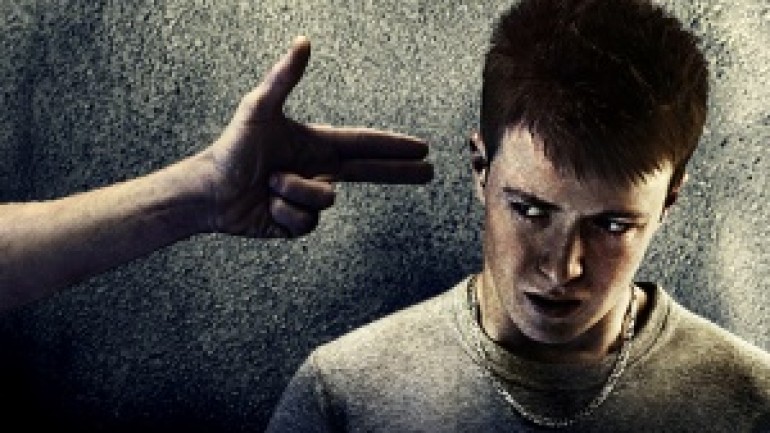2008 has seen a staggering number of teenage gang and knife attacks on Britain’s streets with a death toll comparable to that of our troops fighting in Afghanistan and Iraq.
Dr Tunje Lasoye, Head of Accident and Emergency in London’s Kings College Hospital, believes this surge in extreme violence is nothing short of a health emergency. In his hospital he has seen the number of young people coming in with knife and gun wounds steadily rising – and the average age of the victim and perpetrator dramatically falling.
Dr Lasoye feels a growing sense of frustration that all he does is pick up the pieces – stitching the victims back together, fighting and in some cases failing to save lives. “We cannot be a society that lives in fear any more – we shouldn’t allow that to happen,” he says. “What is the impact on youngsters? I talk to youngsters all the time who are mindful that their classmates carry knives – what psychological scars are being done to them?”
Determined to understand what can be done to inoculate future generations against the lure of gangs and the carrying of weapons, he embarks on a journey across Britain. In this edition of Dispatches, part of the Disarming Britain season which examines the effect of gun and knife crime on Britain’s streets, he meets police officers battling against the rising tide of violence and the victims – both the injured and those left behind by their murdered friends and family. And offering the insiders view, gang members, past and present, describe what drew them into carrying weapons.
The film also follows Dr Lasoye as he talks to children about the impact of gun and knife violence; showing them graphic images of injuries he has treated to shock them into understanding the drastic consequences of carrying weapons.
Making the film reinforces his belief that violence is not just a police but a community and family issue. He meets John Carnochan of Glasgow’s Violence Reduction Unit, a serving police officer who tells him: “We have a responsibility to enforce legislation robustly but the deal is only long enough to give people time to fix the problem. These guys are repeat victims and we need to tell them how not to be a victim. Changing violence is about changing behaviour – and that’s not just a police job.”
Dr Lasoye looks to America for potential solutions – whilst the States once had a problem that used to dwarf our own – now many cities have proportionally lower levels of violence than Britain’s worst affected areas. One city that still has a huge problem is Chicago with 200 gang related murders last year – however, that was a drop of over 30 per cent on previous years. Dr Lasoye travels to the ghettos of the Windy City to find out what lessons Britain might learn.




They got rid of the guns in the hands of the law abiding. Too bad they couldn’t get rid of bad people and the terrible environment that breeds them.
60 million people living in an area half the size of the state of California and you cant figure out why there is rampant mental illness and knife attacks?
Too many rats in a cage pal.
Eating their young comes next.
The “gang problem” is almost completely a non-white problem.
Then again, it’s also a white problem, in the sense that whites are all too often the victims of these animals.
Have you been living under a rock or are you that blinded by your own lies??
Ever heard of a drug called crystal meth? I am sure you did,idiot
Come to the US to learn how to control guns and violence? Are you daft?